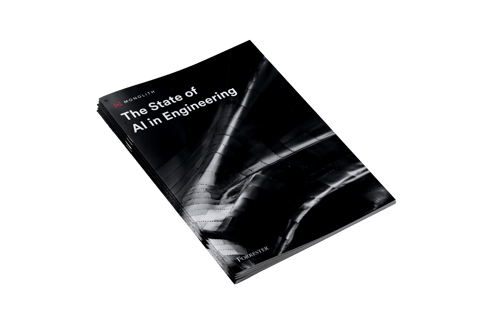Monolith Platform Features
Self learning models
Instantly predict the performance of your complex system through model performance.
Use your engineering data to create accurate self-learning models
Create & deploy AI models to quickly understand and instantly predict the performance of your complex system through model performance — under more operating conditions than you ever imagined.
Feature:
No-Code AI Modelling
After importing your data, build a no-code AI model that correlates inputs (design variables and operating conditions) and outputs (design performance or quality) for an end-to-end process.
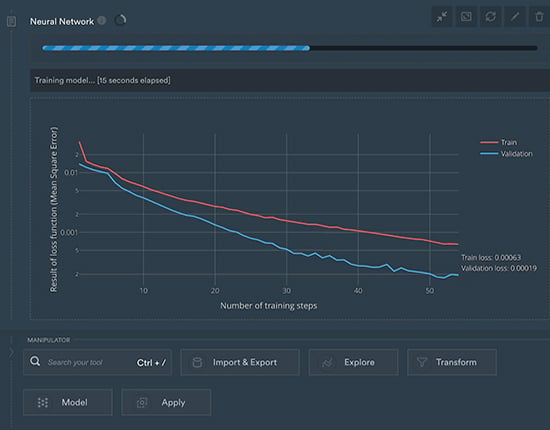
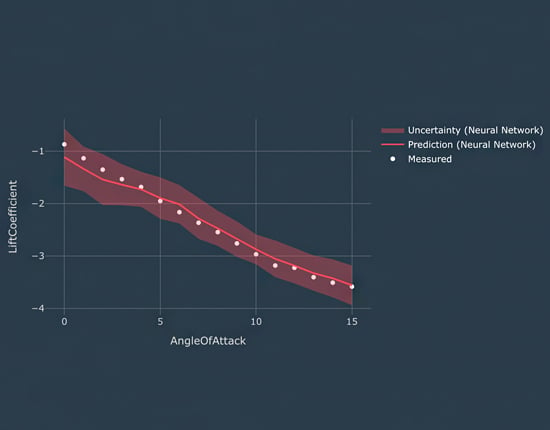
Feature:
Model Training and Evaluation
To ensure your model can accurately predict the performance of your complex Engineering system, Monolith has a host of no-code AI tools to evaluate its quality.
Feature:
AI Model Prediction
Instantly predict the performance or quality of a new design under new conditions with our no-code AI tools and computer vision dashboard, instead of having to carry out expensive physical tests.
.gif)
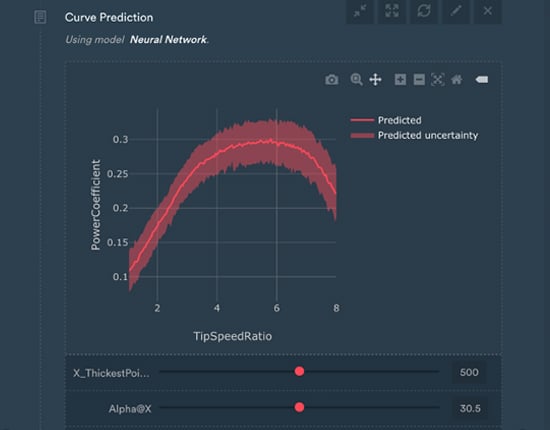
Feature:
AI Model Uncertainty Quantification
Get a measure of prediction uncertainty through our no-code AI tool, to build trust in your AI model and identify regions of your design space where data may be sparse or volatile.
Feature:
AI Optimisation
Query your AI model to quickly find the best designs and operating conditions (inputs) that satisfy target performance metrics (outputs) and constraints with our no-code AI tool.
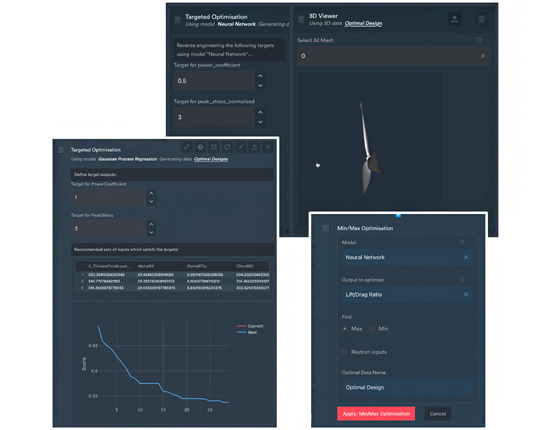
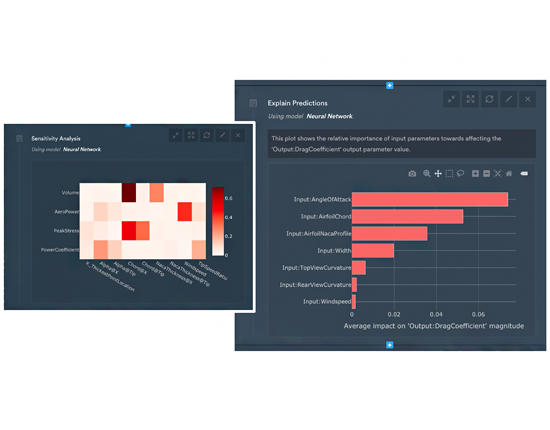
Feature:
Explainable AI
Rank the design variables and test conditions that most affect product performance, to know where to concentrate your data science, design, and engineering efforts with our no-code AI tool.
Feature:
3D Deep Learning
Instantly predict the performance of new 3D CAD designs without data science resources using our no-code ai tool. Predict entire 3D fields of data. Generate new, performance-optimized 3D designs with AI.
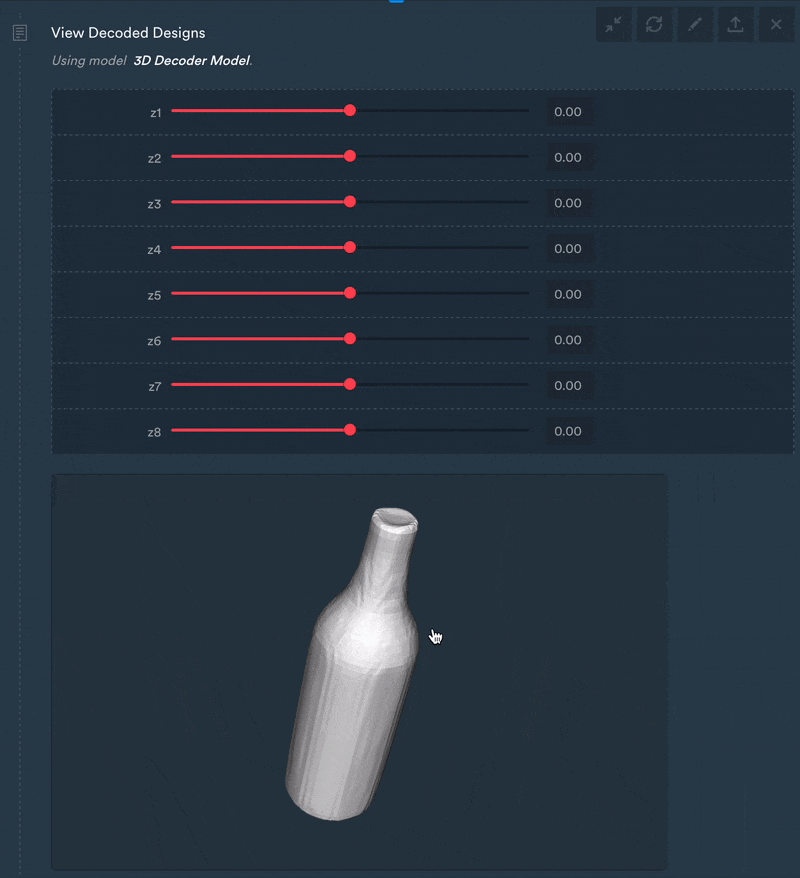
New Feature
Next Test Recommender (NTR): AI-Powered Test Plan Optimisation
Learn how our AI software's latest feature enables users to train and assess machine learning models. It offers valuable recommendations for optimal test conditions to apply in the next round of testing. NTR assesses previously gathered data to suggest the most effective new tests to conduct.
A commissioned study conducted by Forrester Consulting on behalf of Monolith
The State of AI in Engineering
First-ever study on AI in product development surveys US and European automotive, aerospace and industrial engineering leaders.
